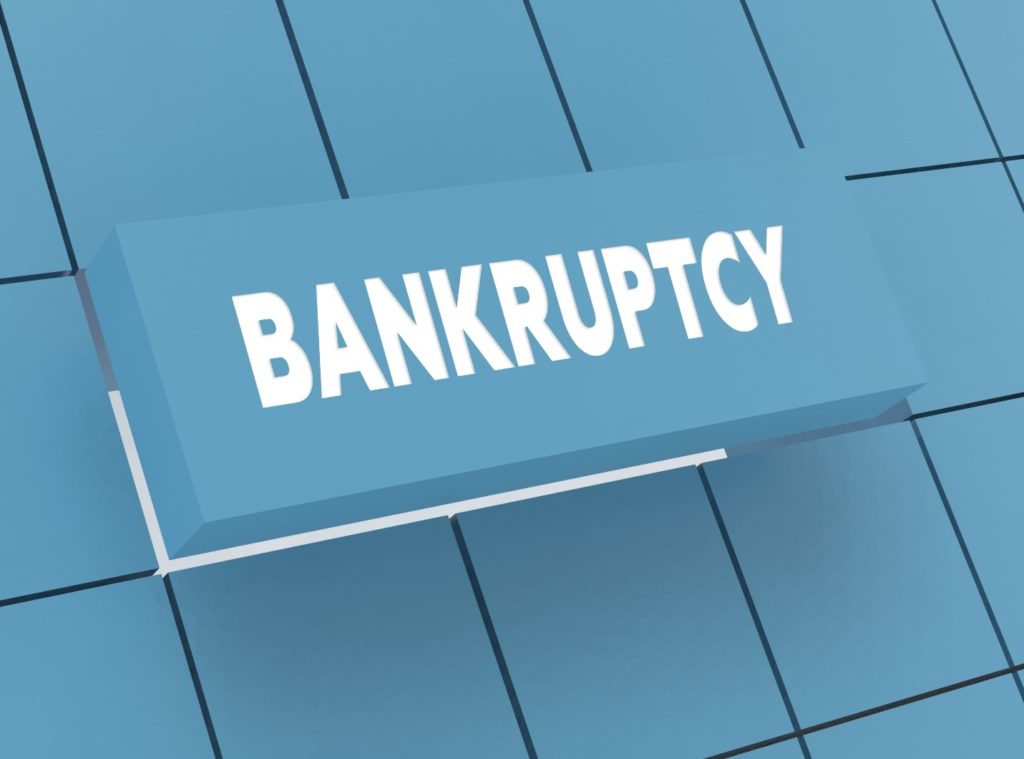As the owner of a small, unincorporated business, you are a sole proprietor. Or your business might be a partnership if you’re in business with someone else. If your business is a sole proprietorship or an unincorporated partnership, you are your business. Its assets are yours and its debts are yours. This is why losing a small business can end in personal bankruptcy for the owner.
Keep Your Personal Assets Separate from Your Business
In order to avoid this situation, many business owners incorporate. Incorporating keeps their personal assets separate from their business. That way, personal property, equity, and wages aren’t affected if the business fails. Even if unsecured creditors claim assets to cover what they’re owed, the business owner’s personal assets are safe.
However, there can be good reasons to maintain a sole proprietorship. For example, its structure is simple. It is easy to set up. And its costs and taxes remain low. This is especially true if there are no employees except the owner.
RELATED ARTICLE: MANAGE YOUR FINANCES AND STAY DEBT-FREE WITH THESE TIPS
It’s Easy to Get into Hot Water
However, there may come a point when your business owes too much money. Perhaps you’ll owe money to contractors or suppliers. Or maybe you fell behind with your tax or credit card payments. You might have fallen behind on business loans. If you’re a sole proprietor, those debts are your own. And you might have no way of repaying them, especially if you have lost clients or other sources of revenue.
In this dire situation, you will likely have to declare personal bankruptcy. Alternatively, your unsecured creditors may file to put your business in bankruptcy. They can do this if you owe more than $1,000 and you have failed to pay or avoided your creditors.
When this occurs, it’s usually better to talk to a bankruptcy trustee. (These people are now known as Licensed Insolvency Trustees.) Whatever you do, don’t attempt to hide your assets or avoid your creditors.
What Is a Stay of Proceedings?
Once you file for personal bankruptcy, a judge will issue a stay of proceedings. It is important to note that you can file for bankruptcy only with a bankruptcy trustee such as David Sklar & Associates.
A stay of proceedings prevents your unsecured creditors from pursuing any legal action to collect their debts. The point behind a stay of proceedings is to prevent any unsecured creditors from gaining an unfair advantage. Without a stay of proceedings, some of your creditors might try to collect more of their debts before your other creditors have an opportunity to do so. For example, if you got a job after folding your business, a stay of proceedings would prevent any creditor from garnishing your wages.
That’s because during a bankruptcy, a number of your company’s assets (and your personal assets, if your business was a sole proprietorship) are put in trust with a bankruptcy trustee. Then the court sells them in order to cover your creditors’ debts.
Here’s How to Learn More About Personal Bankruptcy
Do you want to learn more about this process? Then it’s a good idea to call bankruptcy trustees like David Sklar, who handles consumer proposals and bankruptcies in Ontario. When you call, you will learn about which of your personal assets may be used to cover your business’s debts if your sole proprietorship has failed, and which are exempt. A consultation with David Sklar & Associates can also advise you on alternatives to bankruptcy.
In addition to paying for your business’s debts, losing your business has the added effect of causing you to lose your income. This can be a stressful time for anyone. Consider personal bankruptcy as a way out of debt. But always rely on the help of a bankruptcy trustee. A good bankruptcy trustee will help you make sense of your financial situation and learn about your options.

